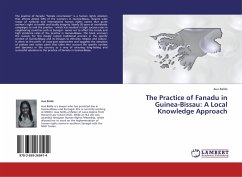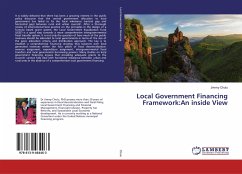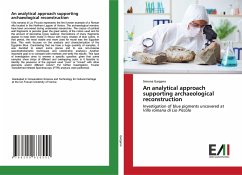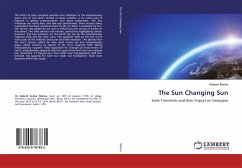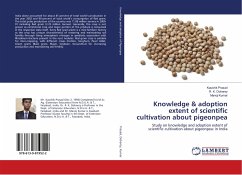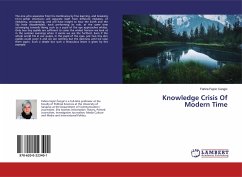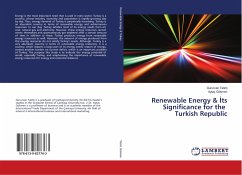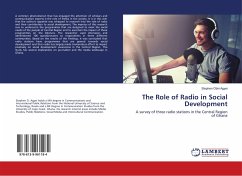The practice of Fanadu female circumcision is a human rights violation that affects almost 50% of the women s in Guinea-Bissau, despite wide range of national and international human rights norms that grant women s right to health and bodily integrity. Nearly 30 years of worldwide campaigns to end the practice - which has resulted in high success rates in neighboring countries such as Senegal - seems not to affect the trends and high incidence rates of the practice in Guinea-Bissau. The book uncovers the reasons for this deeply rooted traditional practice in the specific context of Guinea-Bissau and its linkages to ethnicity, religion and culture. It alerts to the perils of copy-past approaches and suggests the adoption of policies and action plans that takes into account the specific context and dynamics in the country as a way of ensuring long-lasting and successful solutions to the practice of Fanadu in Guinea-Bissau.

